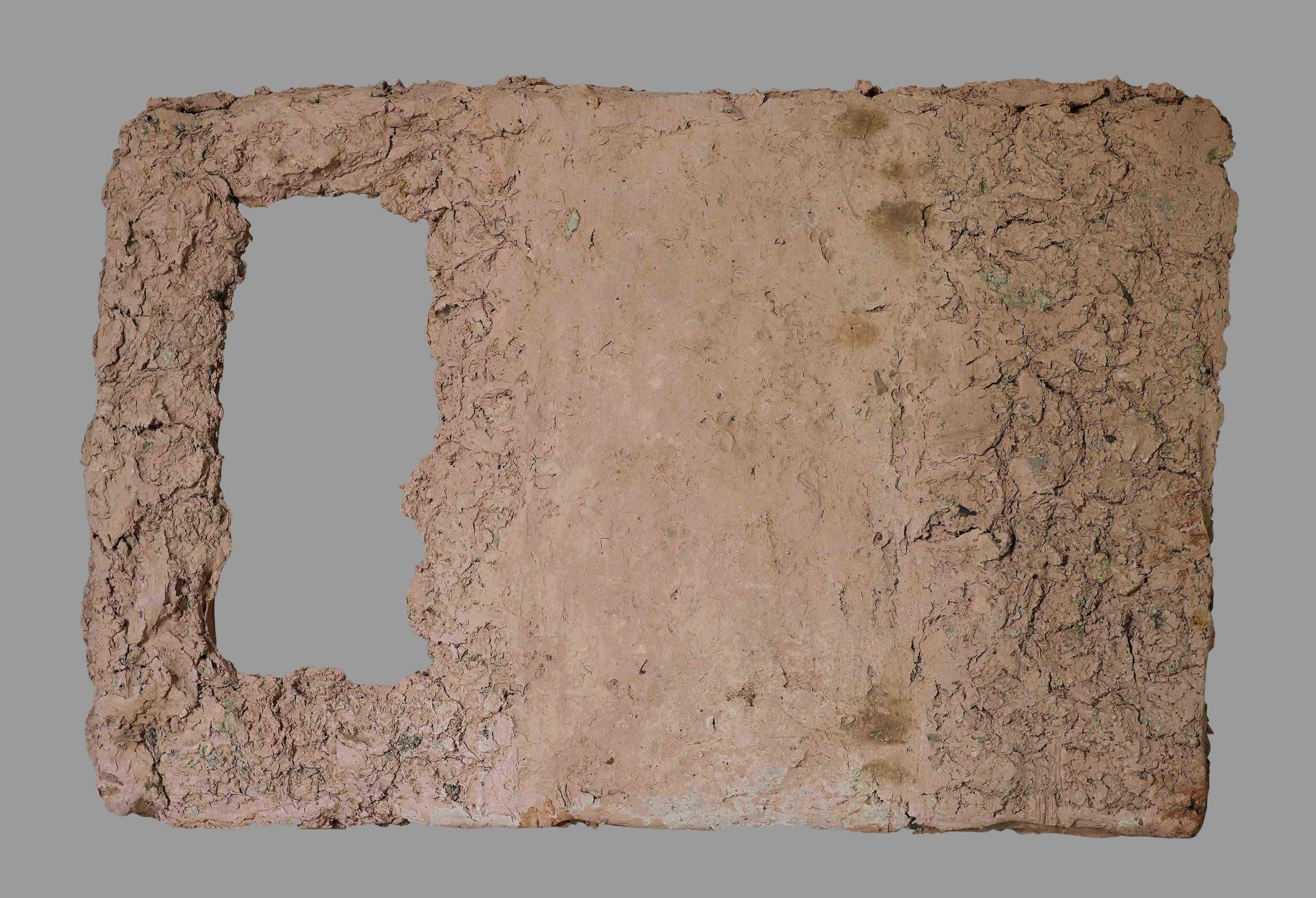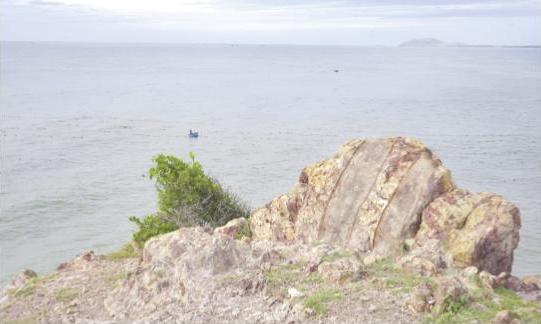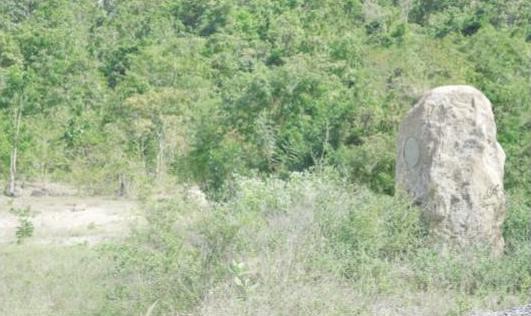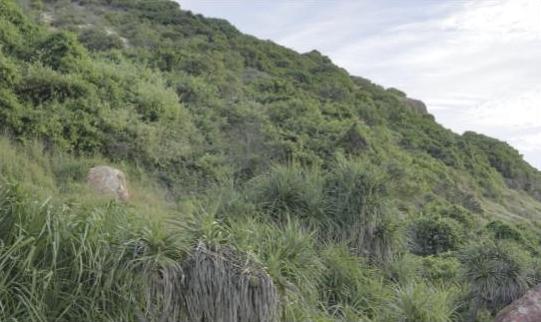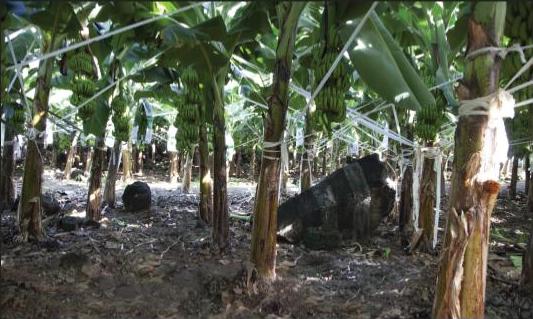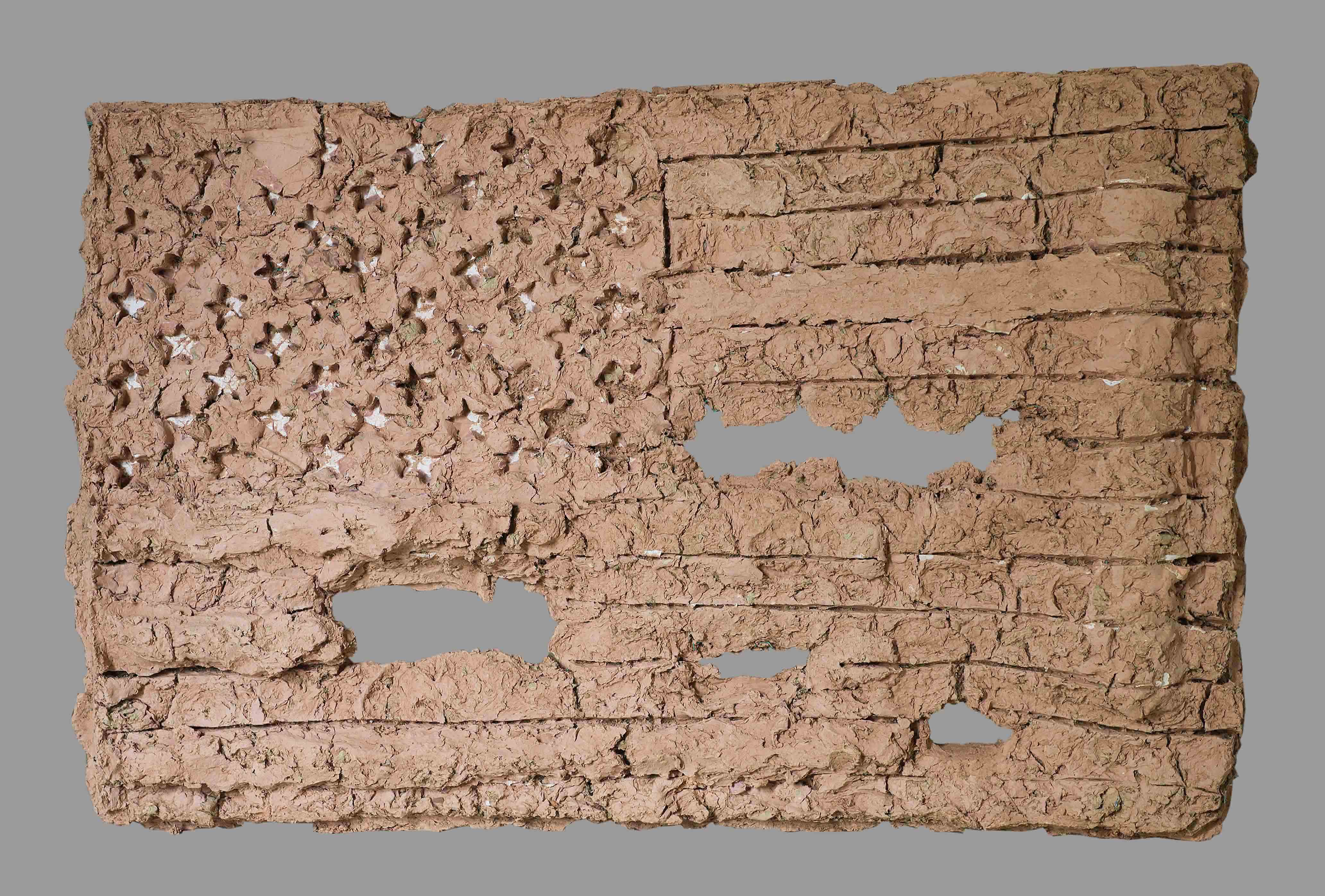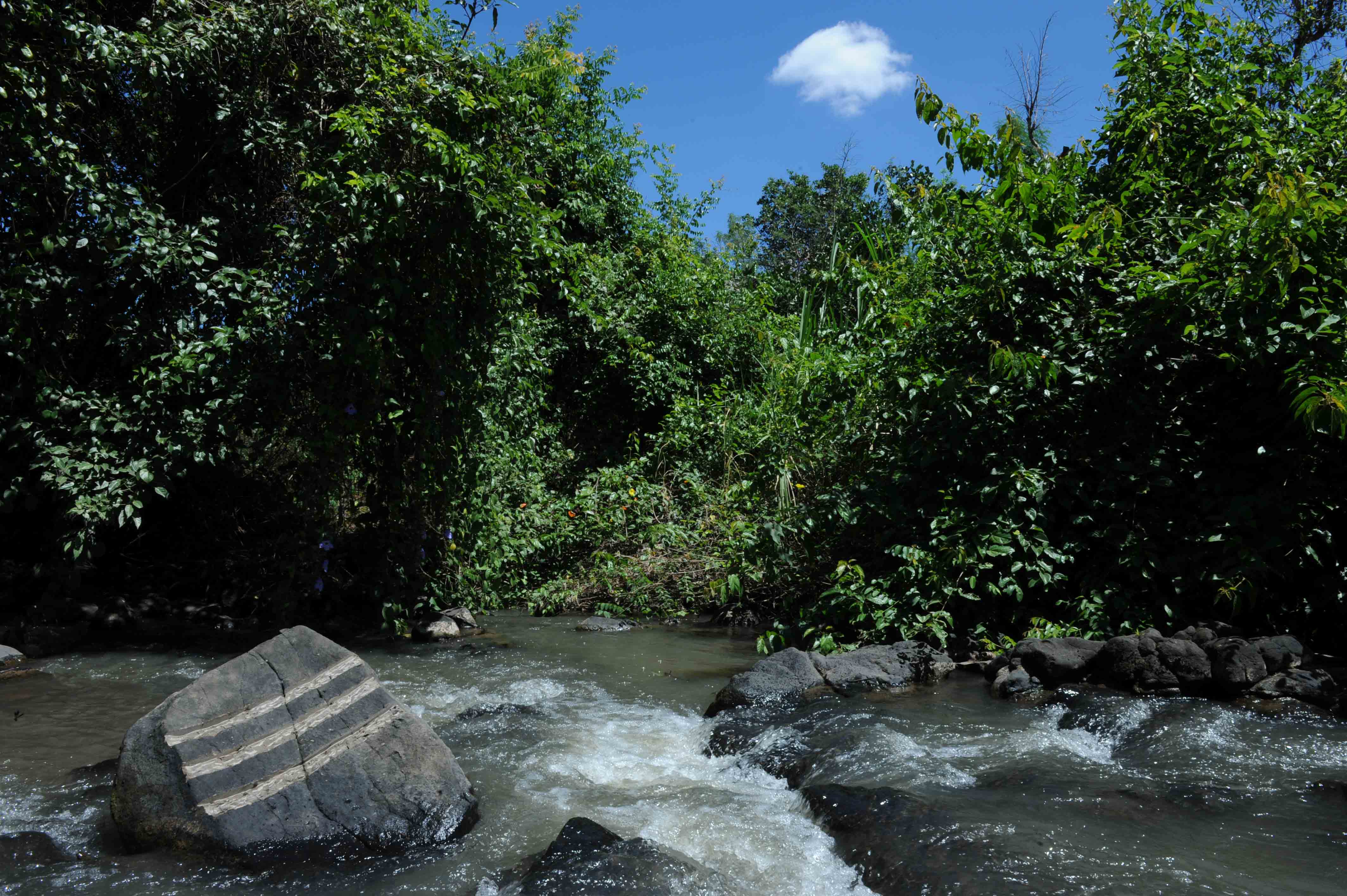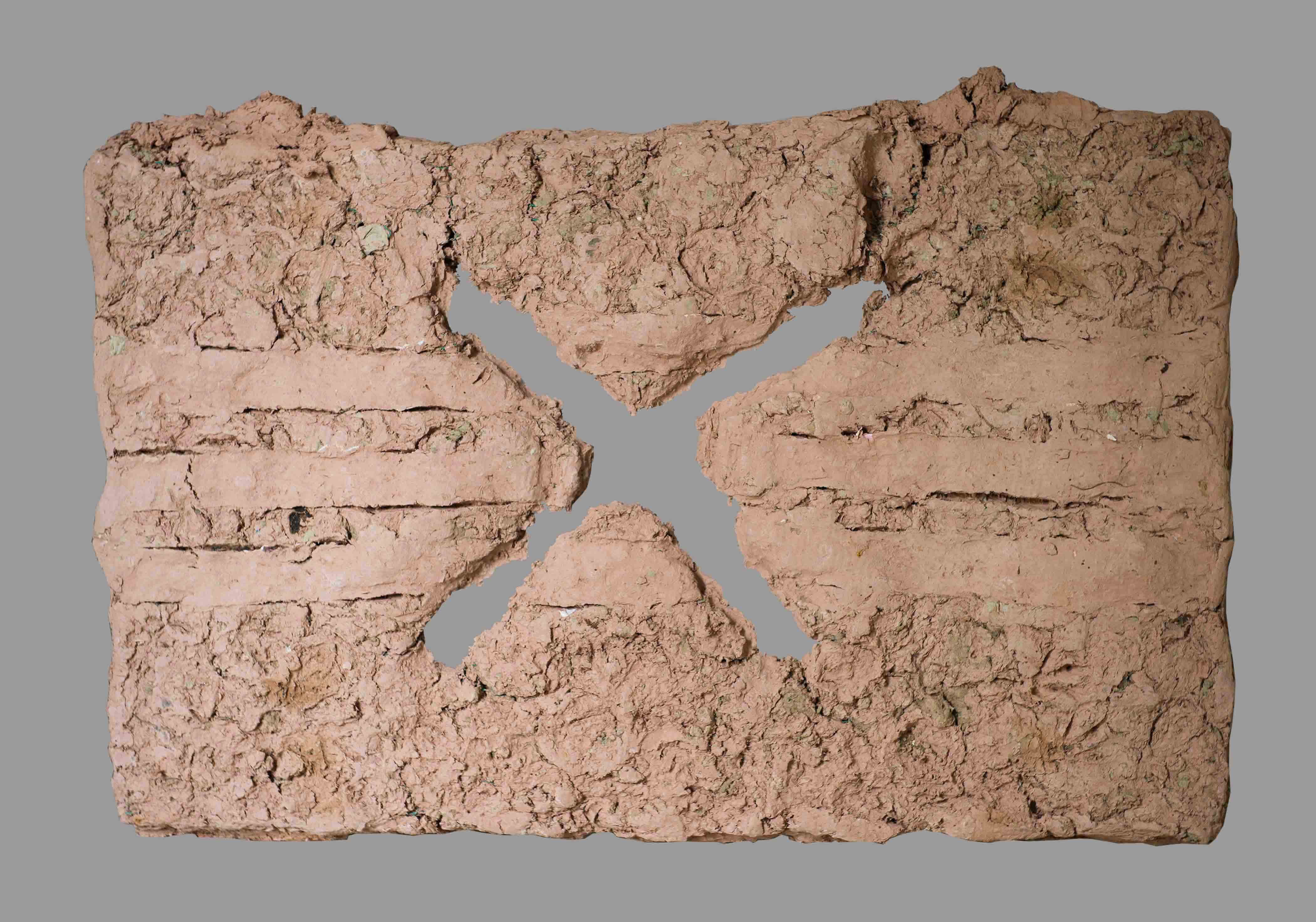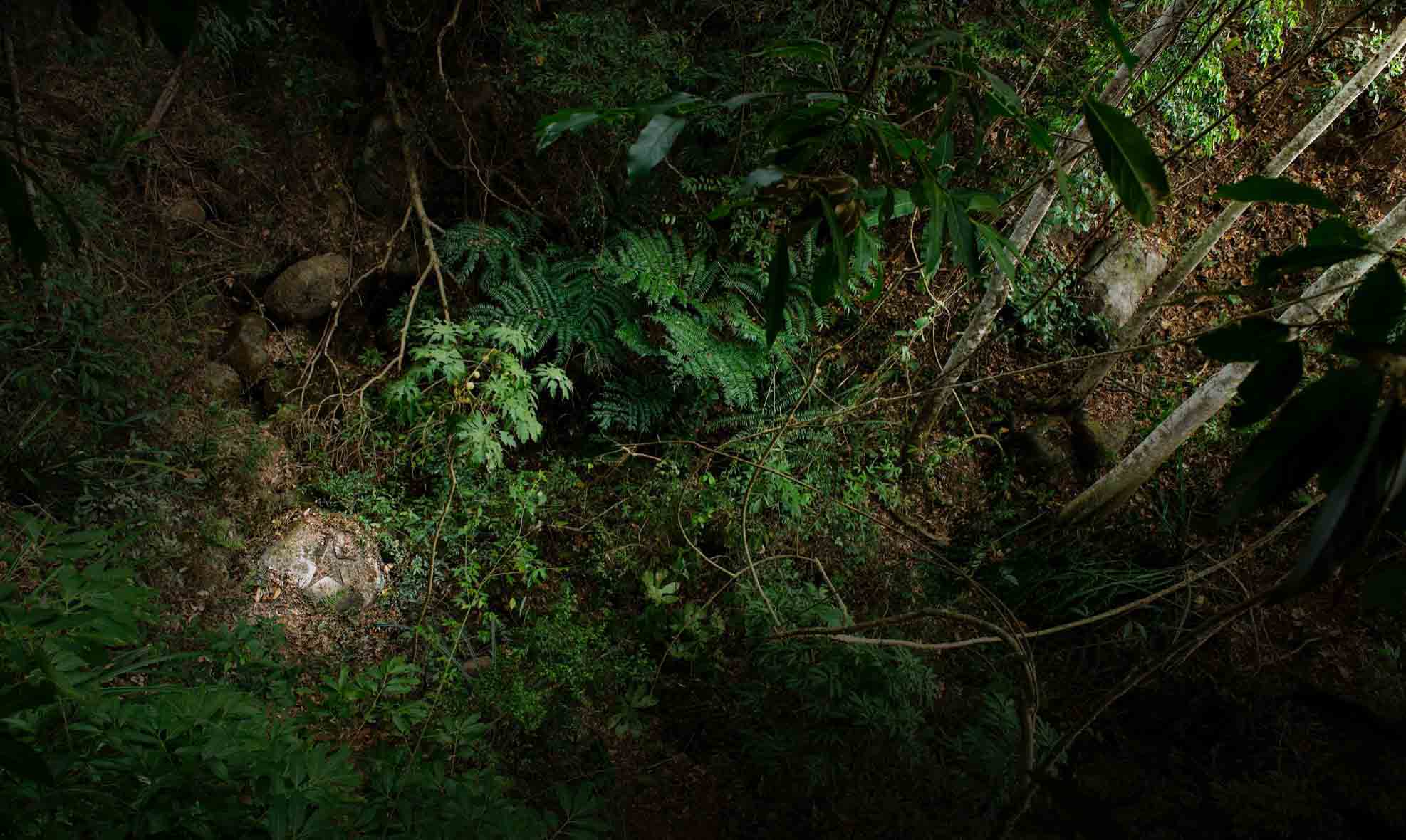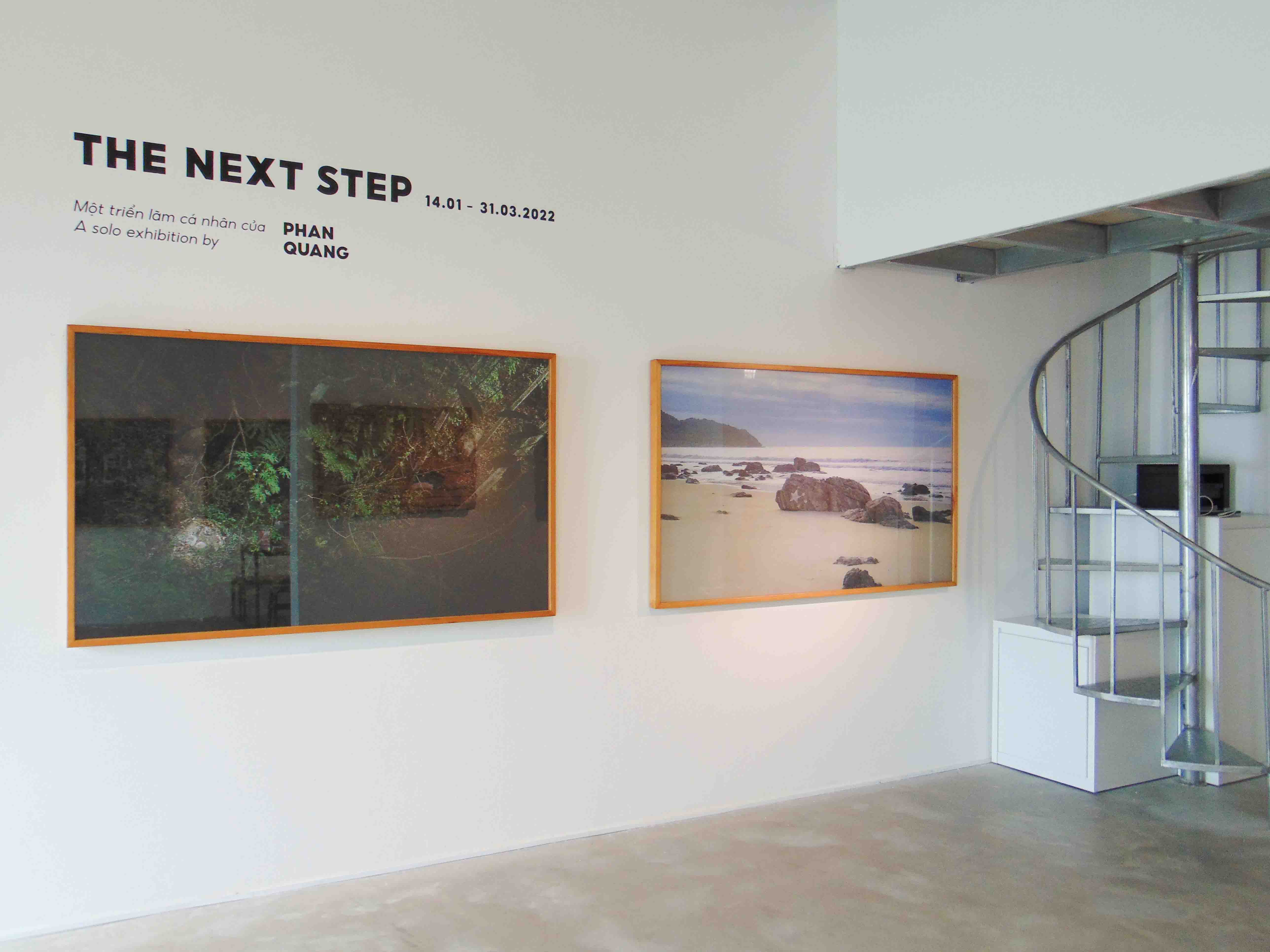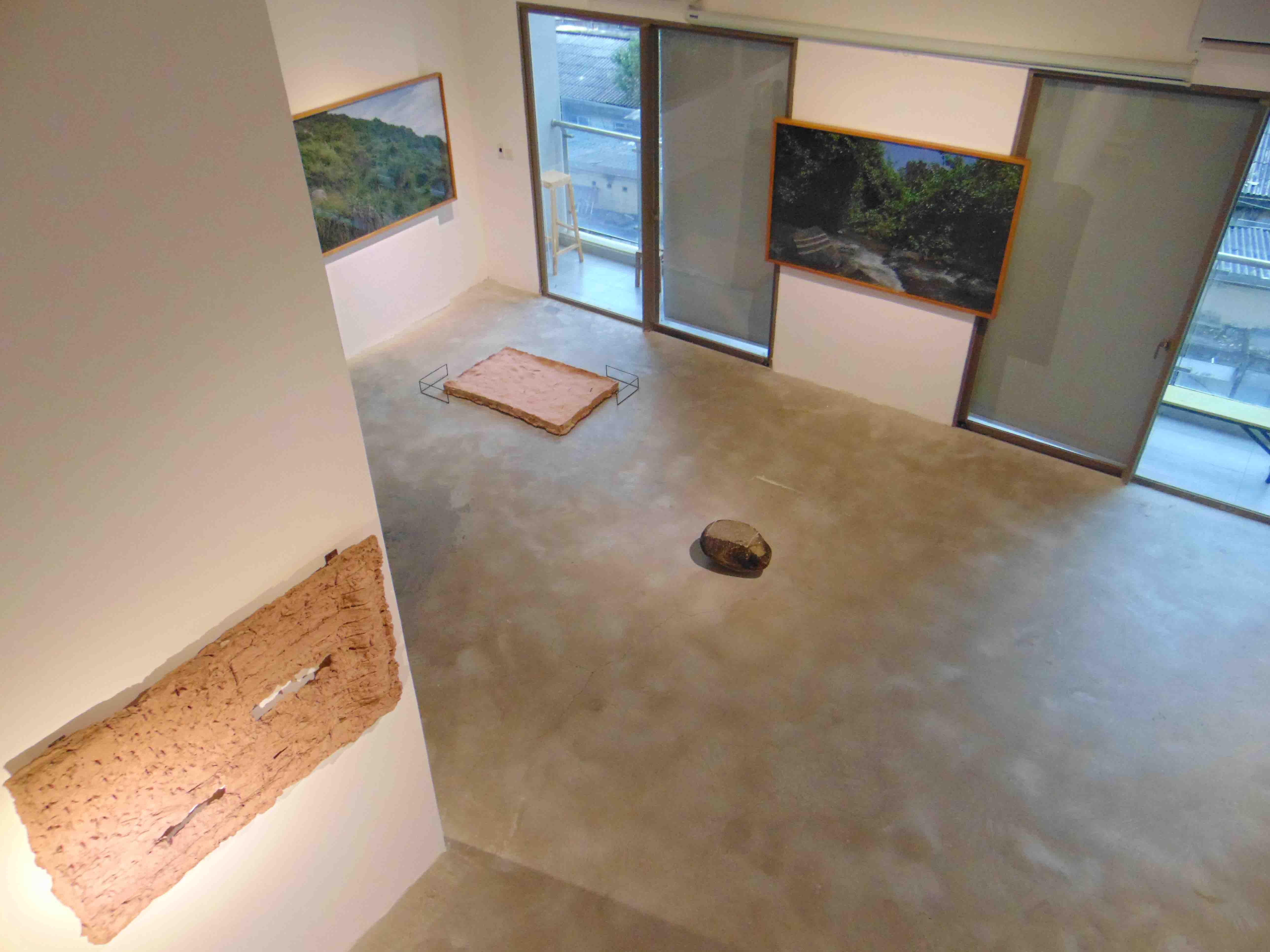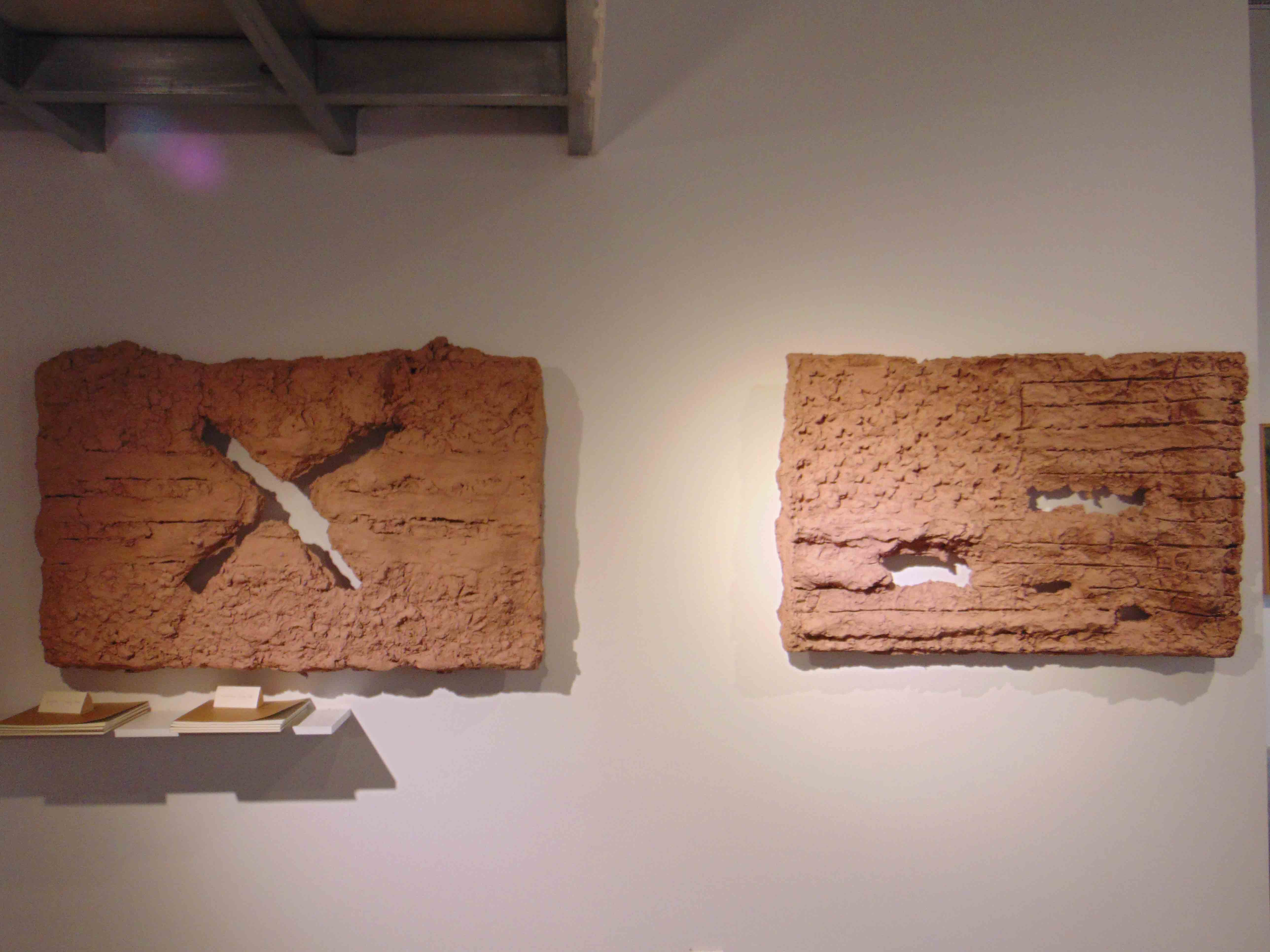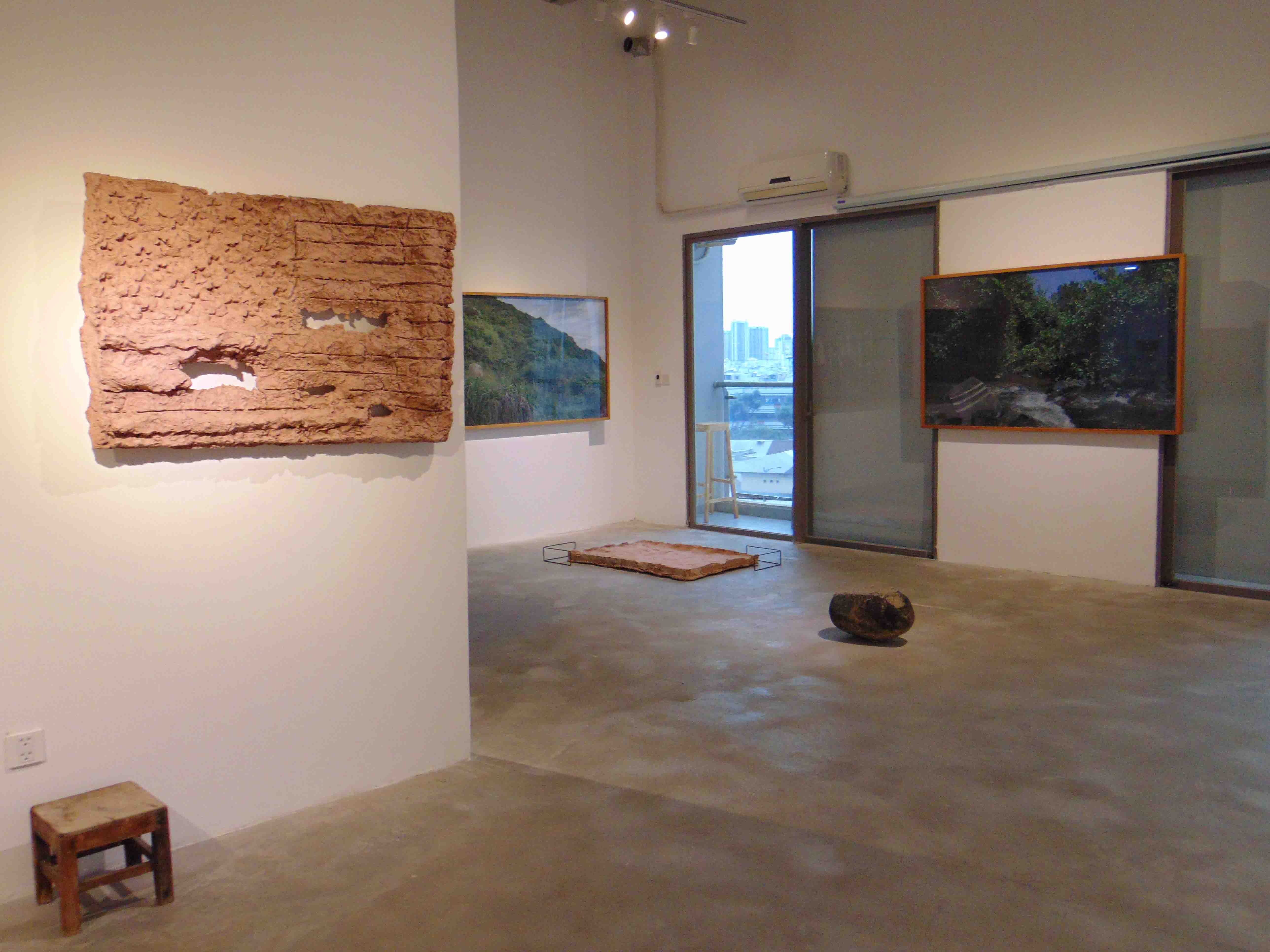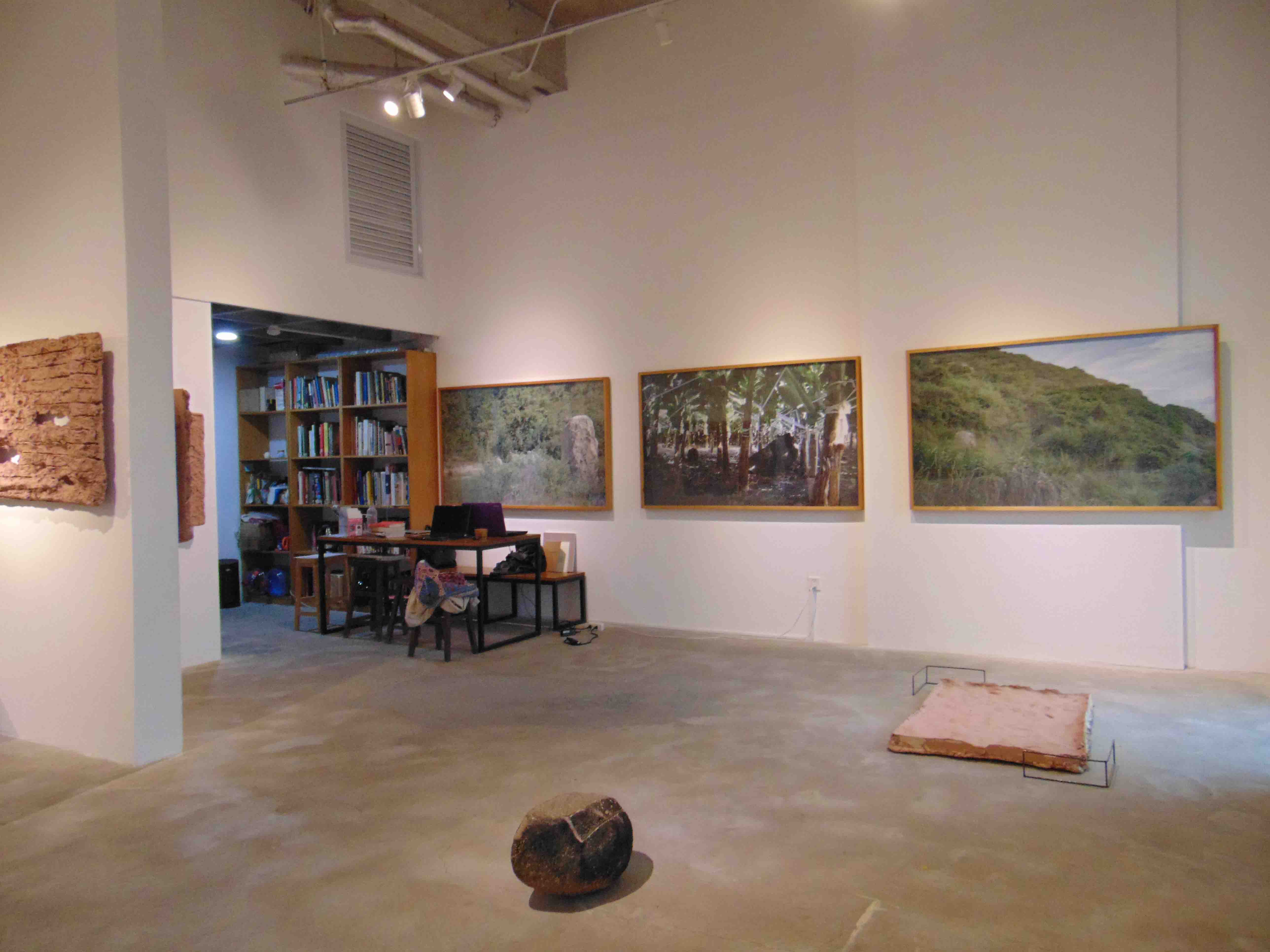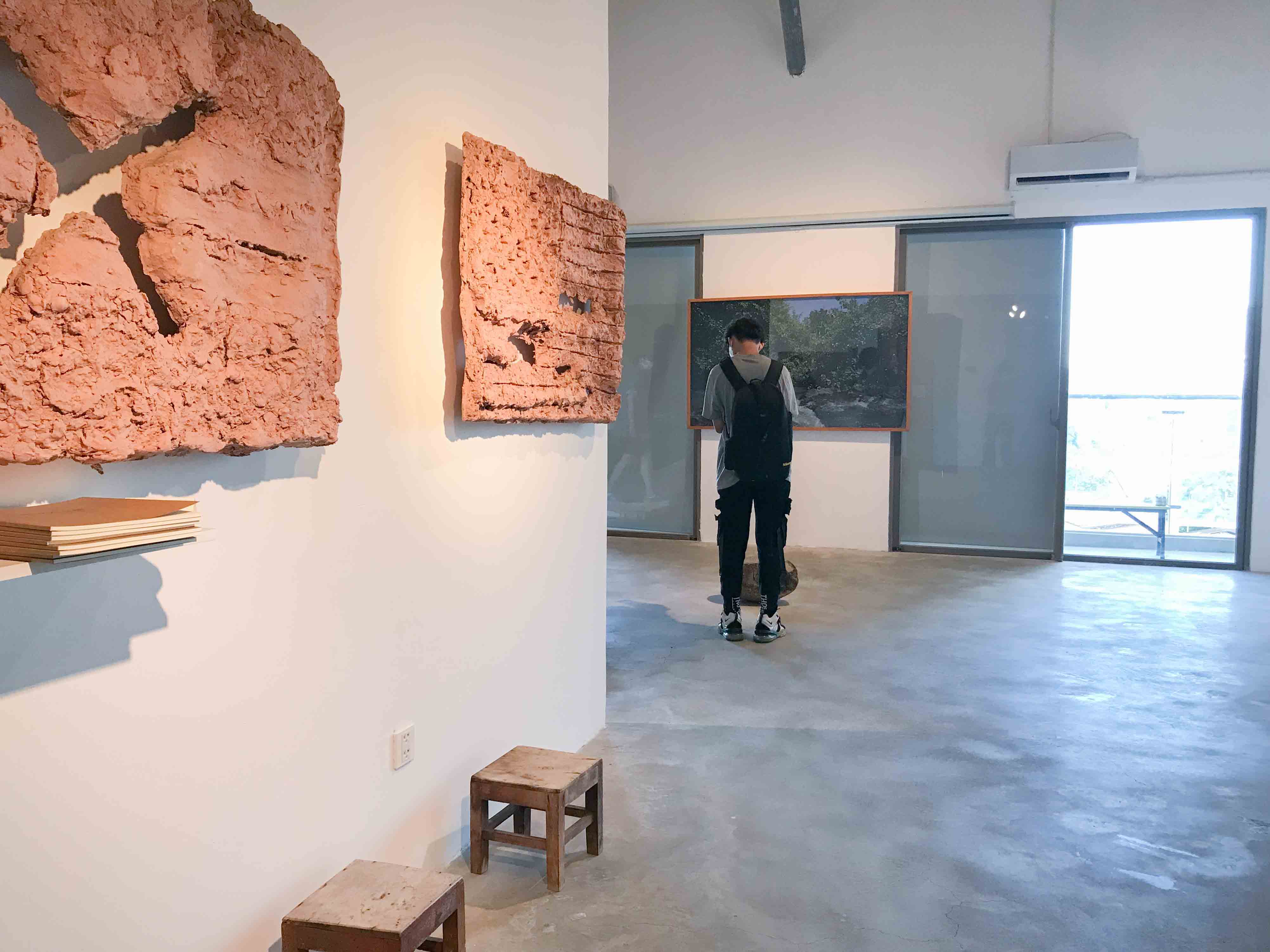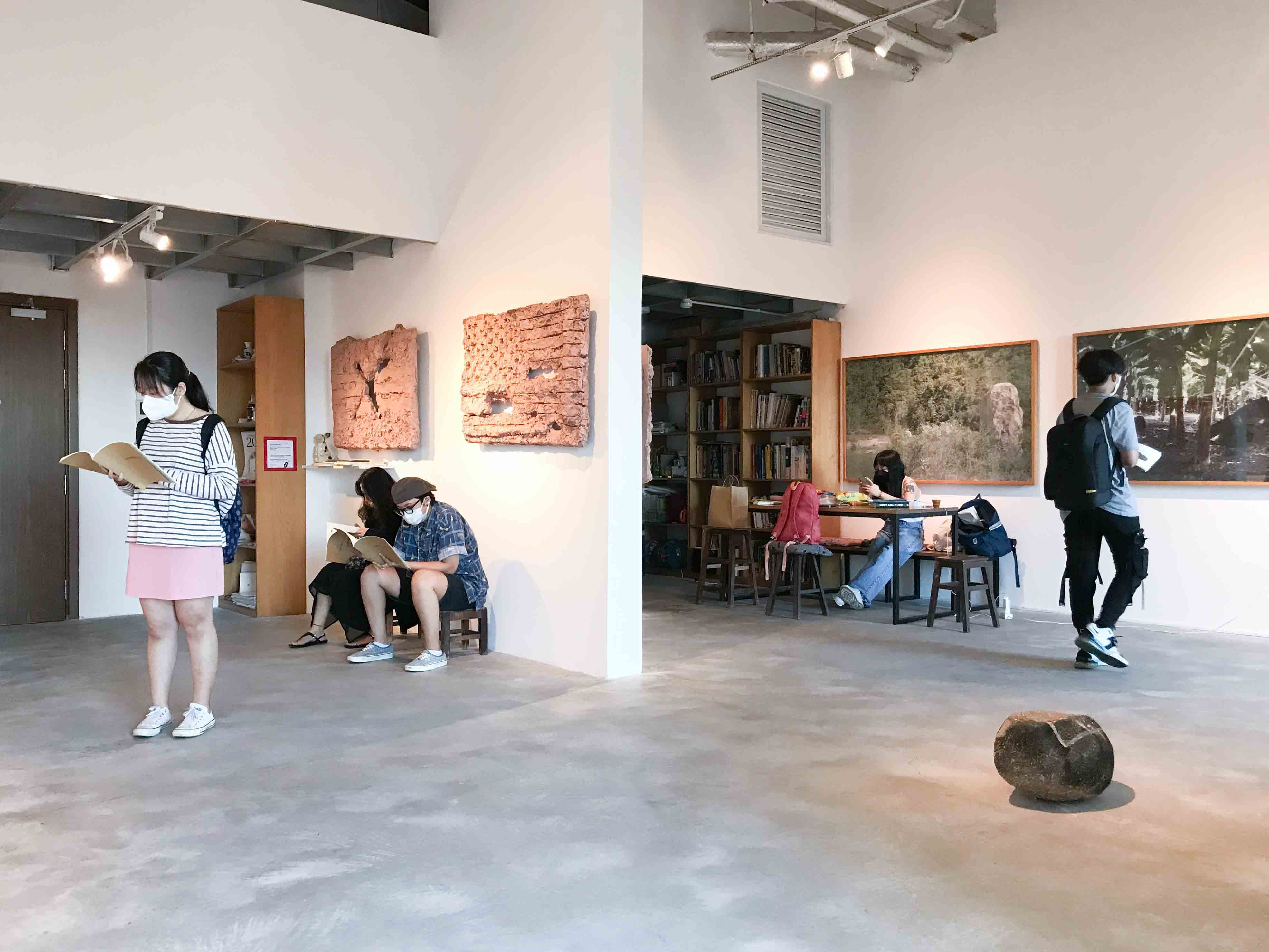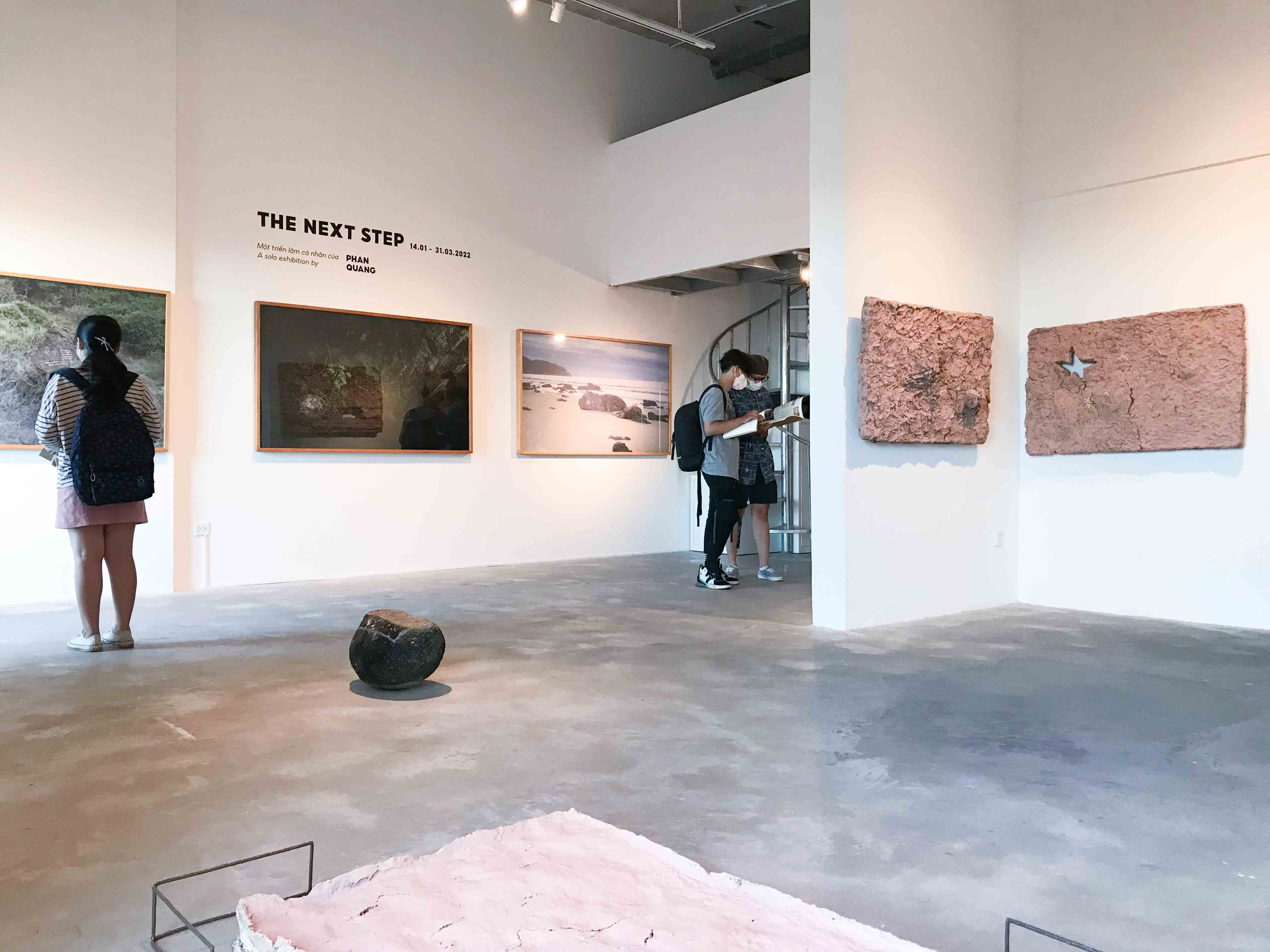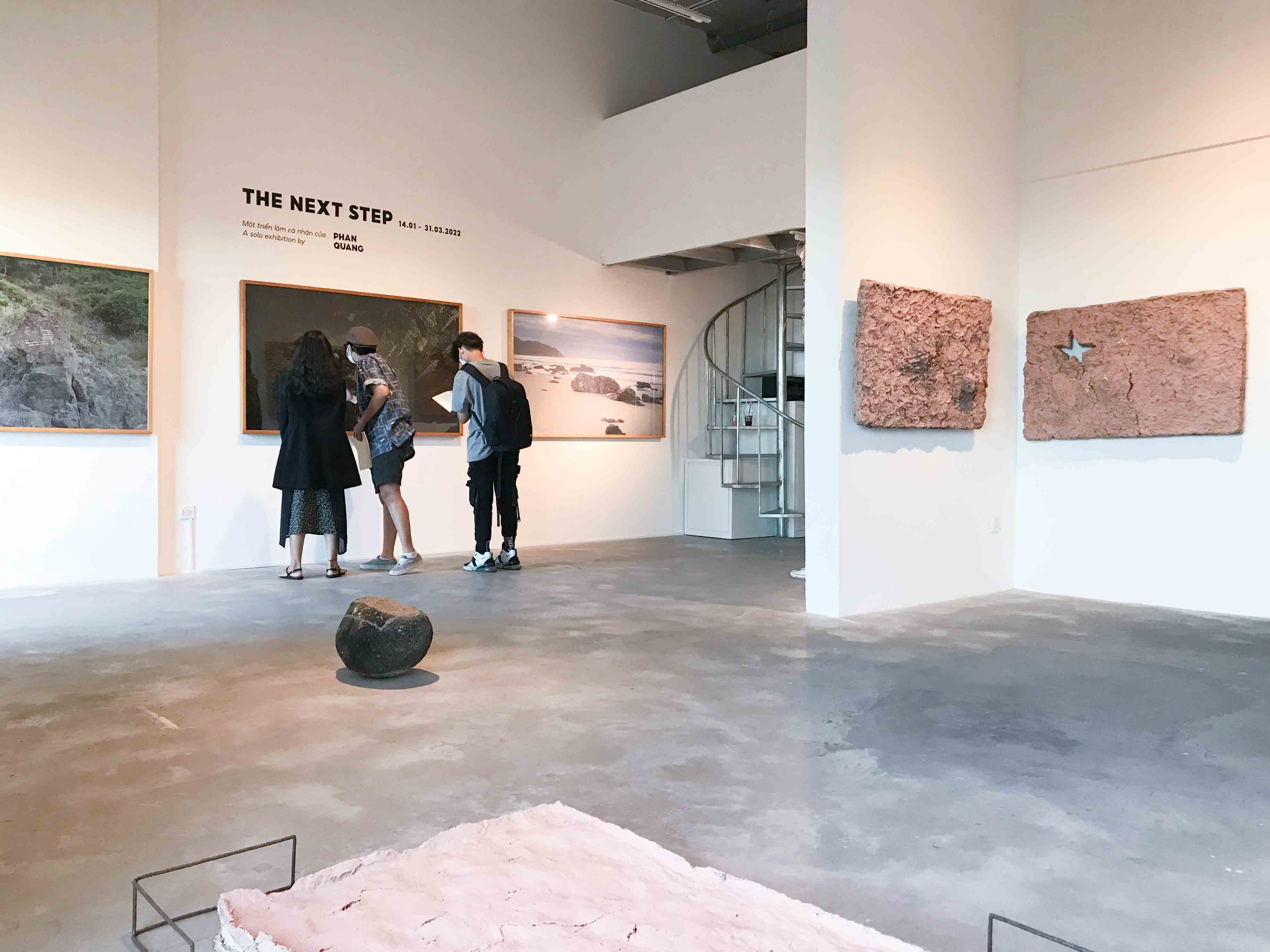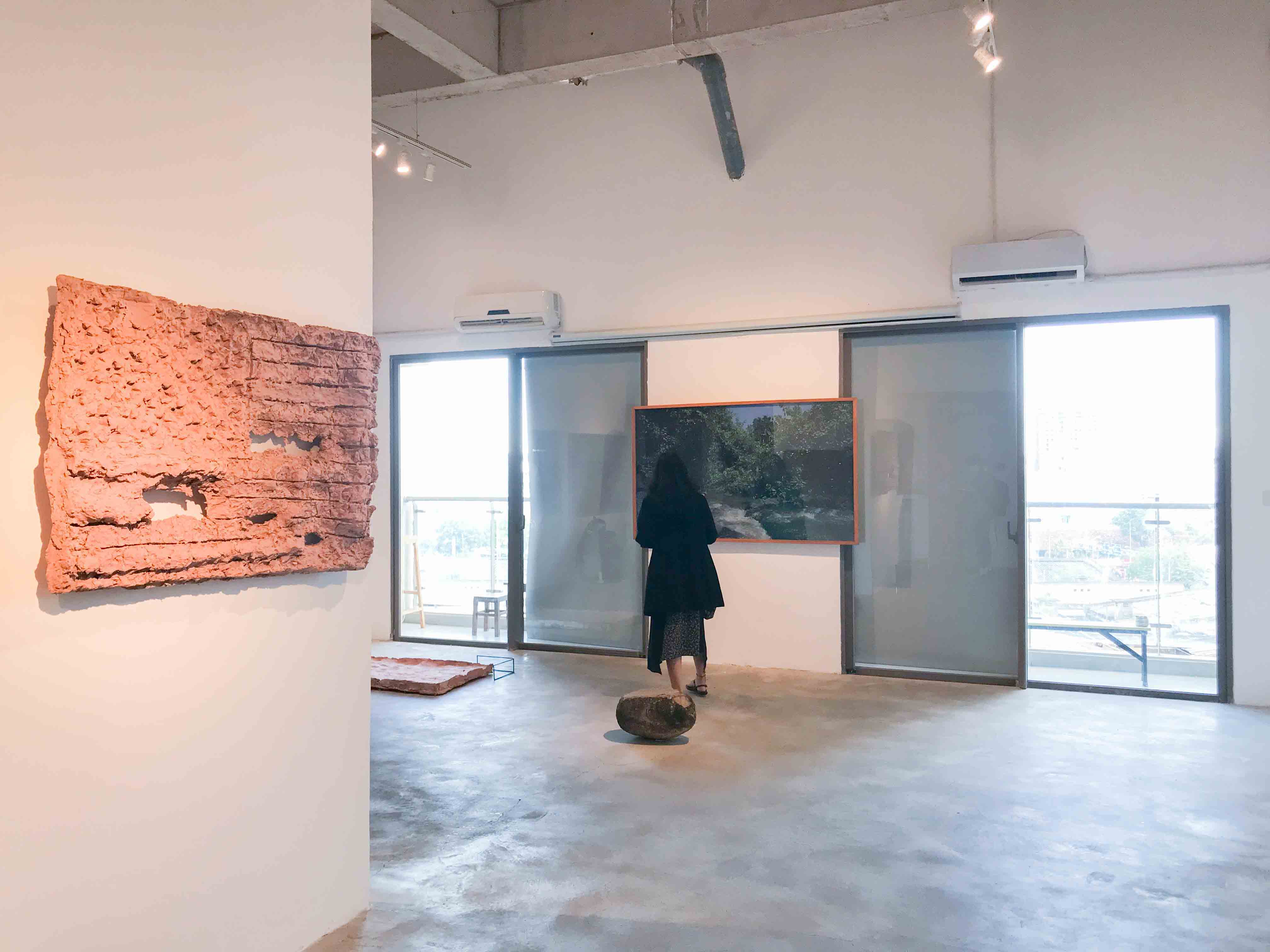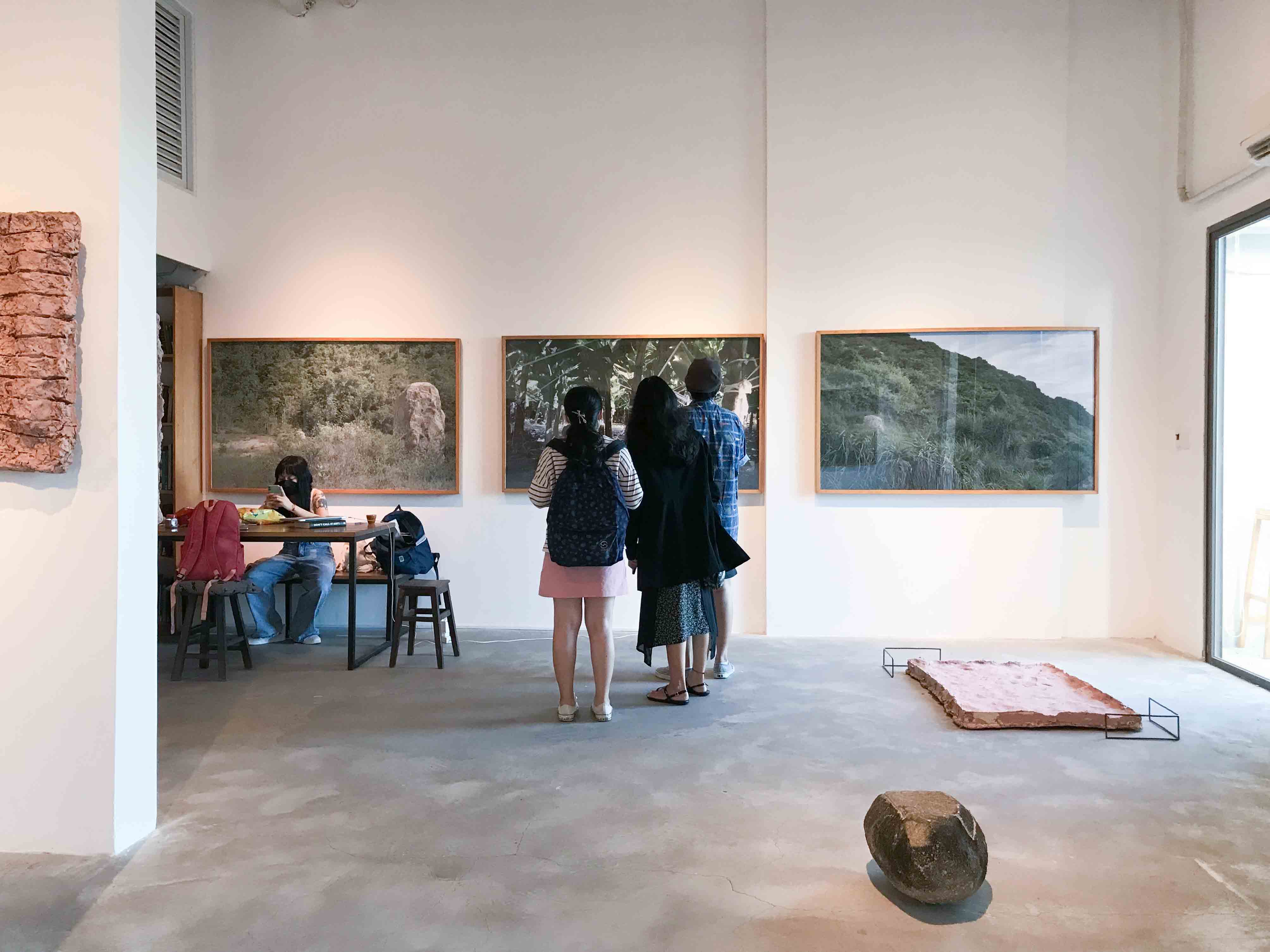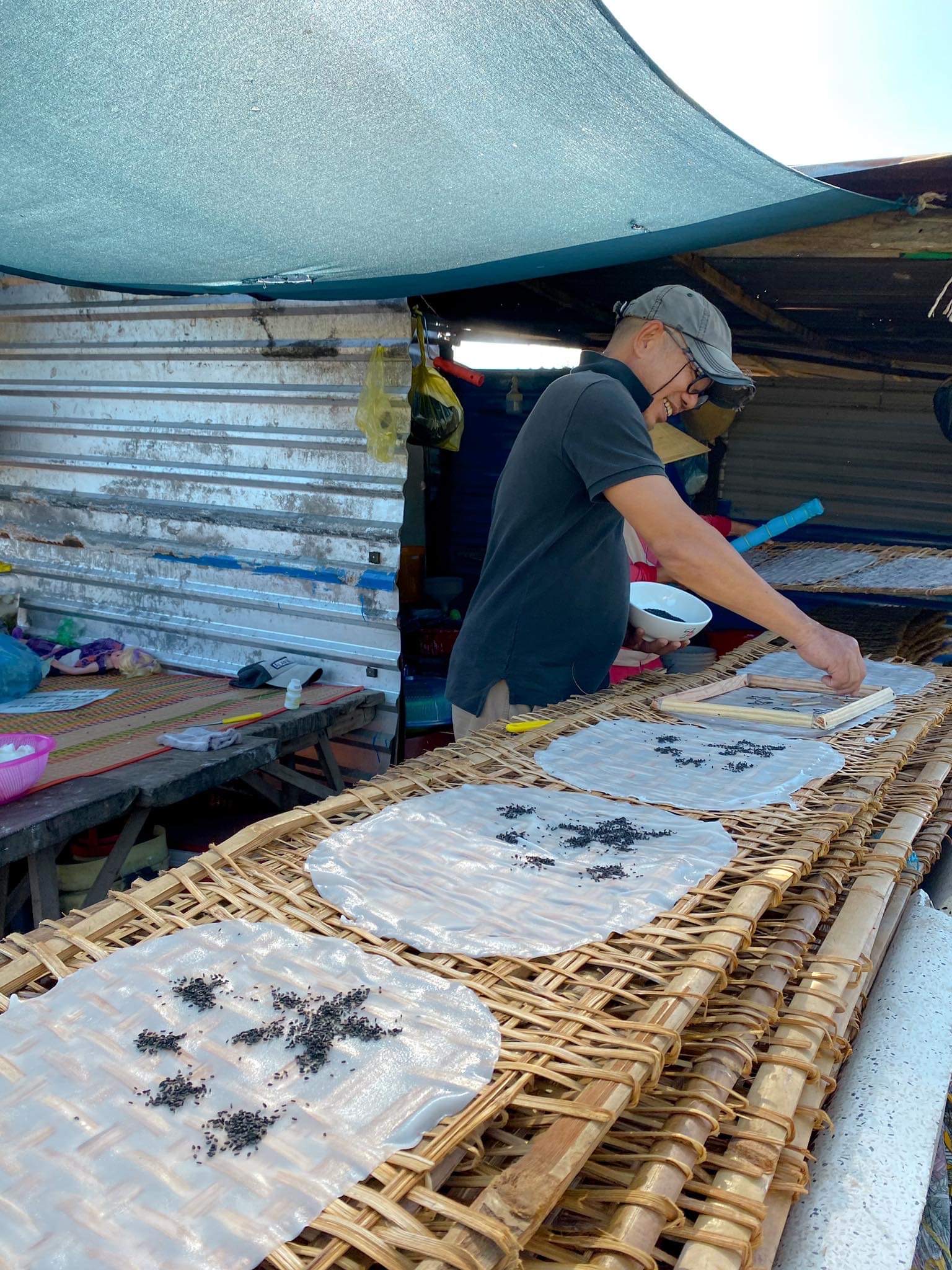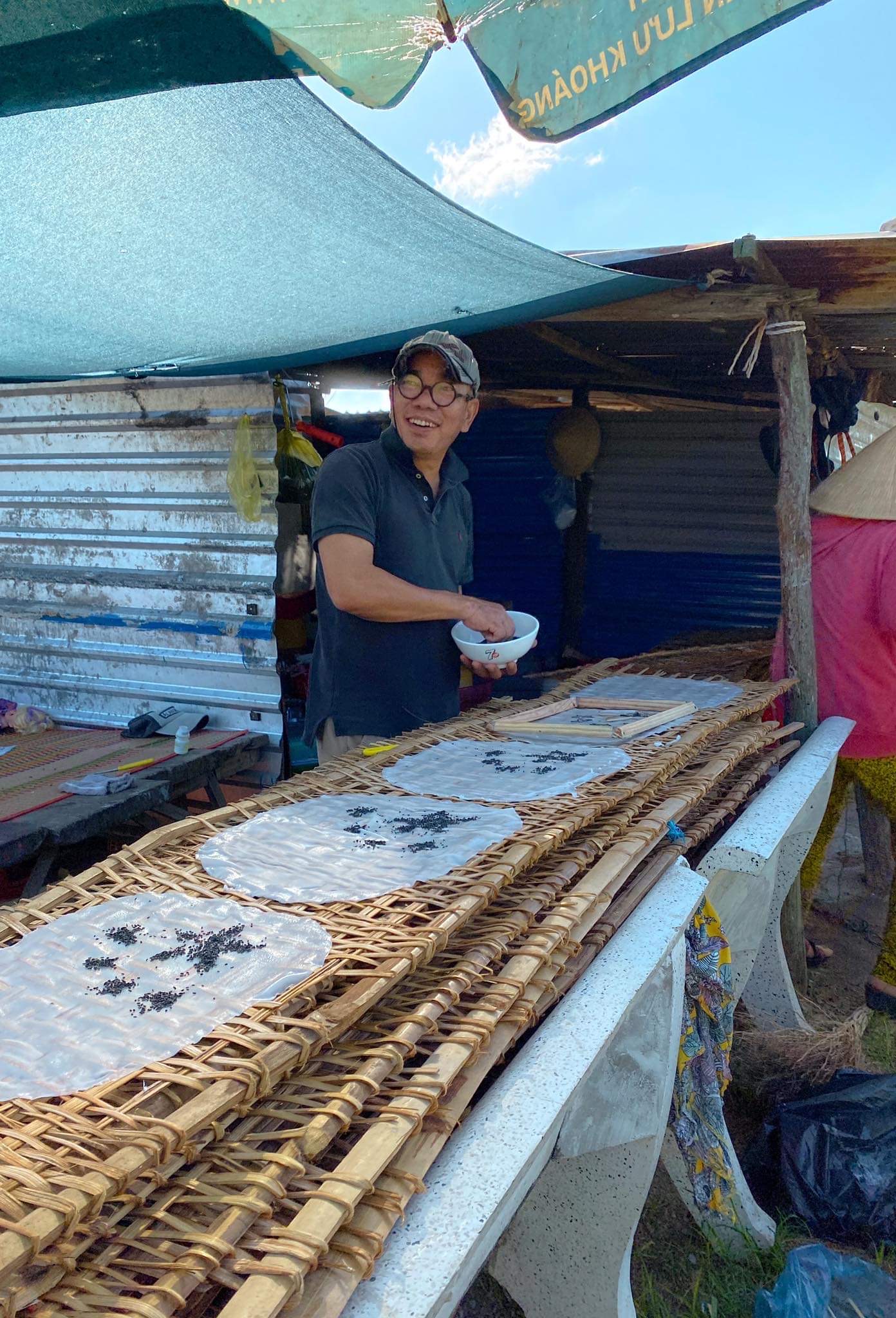A solo exhibition by Phan Quang
Duration:14.01.2022 — 31.03.2022
Location: Sàn Art
Millennium Masteri
Unit B6.17 & B6.16
132 Bến Vân Đồn, Ward 6, District 4
Ho Chi Minh City, Vietnam
(enter from Nguyen Huu Hao side)
Free Entrance
More information on the exhibition
National language as we know today was officially put into use in 1916. This is an important milestone for Vietnam as a nation – to transform to a new stage, along with the changes in world history. Vietnam received and collided with diverse cultures brought in by many countries in the same historical period. Vietnamese National language uses the Latin alphabet. After more than 100 years, the change and shaping of Vietnam can be considered as a counterweight to 4000 years of Vietnamese history. There have always been negative and positive changes, which are inevitable to the development of a nation. The Next Stepis a multi-layered expression of the process of both active and passive influences from different civilizations of the world over the past 100 years. It looks forward to active change, as the accumulation of Vietnamese people is enough to take the next step.
**Artist’s statement by Phan Quang
A seasoned artist and photojournalist, Phan Quang is known for his staged and whimsical photographs piecing together sociopolitical commentary and micronarratives with elements of performance and installation. Looking at some of his most memorable series such Space / Limit, A Farmer’s Diary, or Re/Cover, what transpires are straightforward artistic gestures and messages, a pronounced taste for mise-en-scène, and eye-catching compositions. The overall effect allows his work to be visually poignant and, above all, accessible. This is where the Next Step differs. Unlike his past work that captures all the above within a frame, Next Step starts as a simplistic proposition of disparate components.
Conceptually, the series looks back at Vietnam’s long and tumultuous history of foreign invasions and how each has impacted the country’s identity, culture, and ideology. With a particular focus on the last hundred years, Phan Quang questions how these prolonged infiltrations have seeped through, like water and minerals retained in soil, and imprinted a nation, a discussion of current relevance for one of the fastest-growing economies in Asia that continues to attract international investments.
**Excerpt from the curatorial text by Mary Lou David


